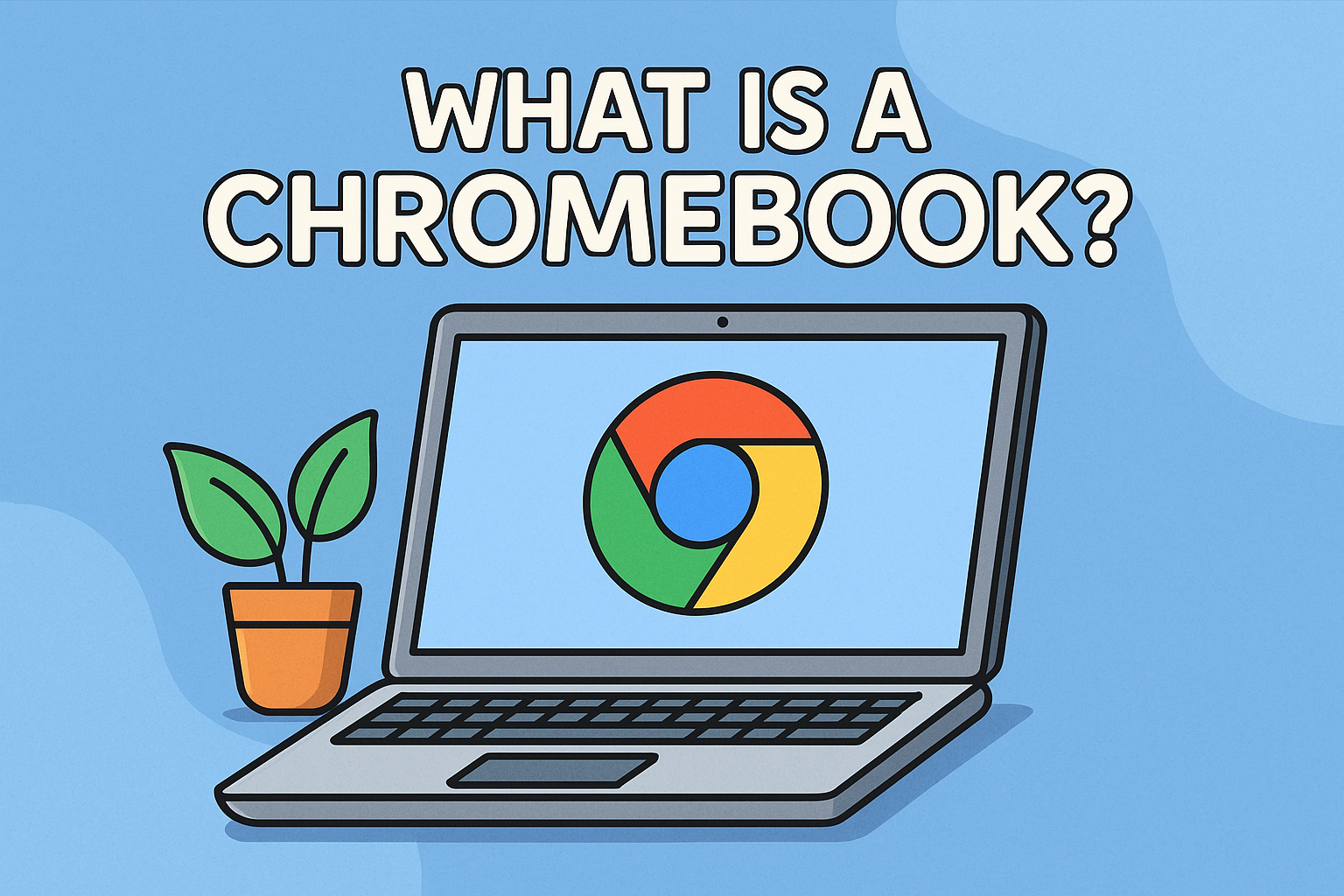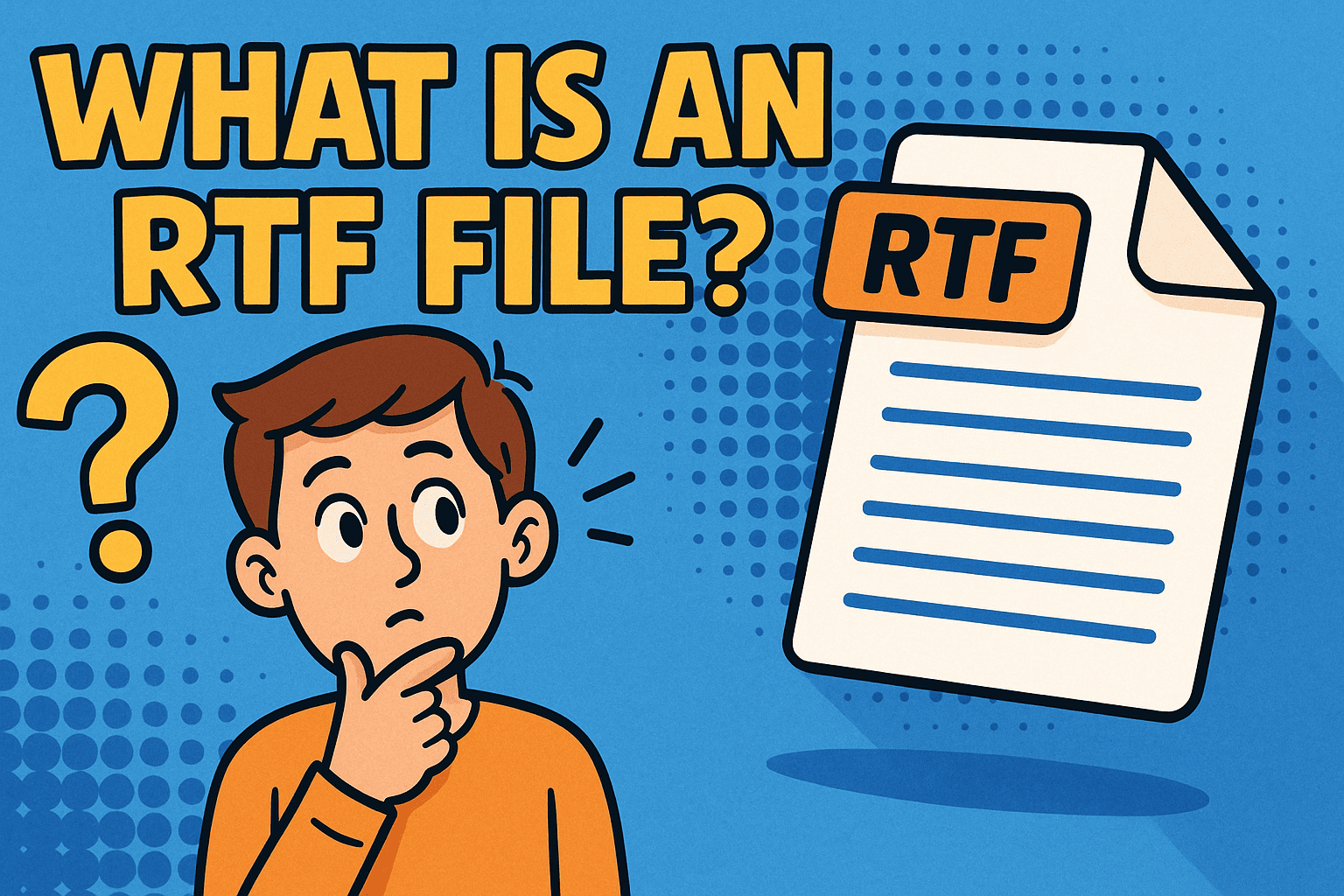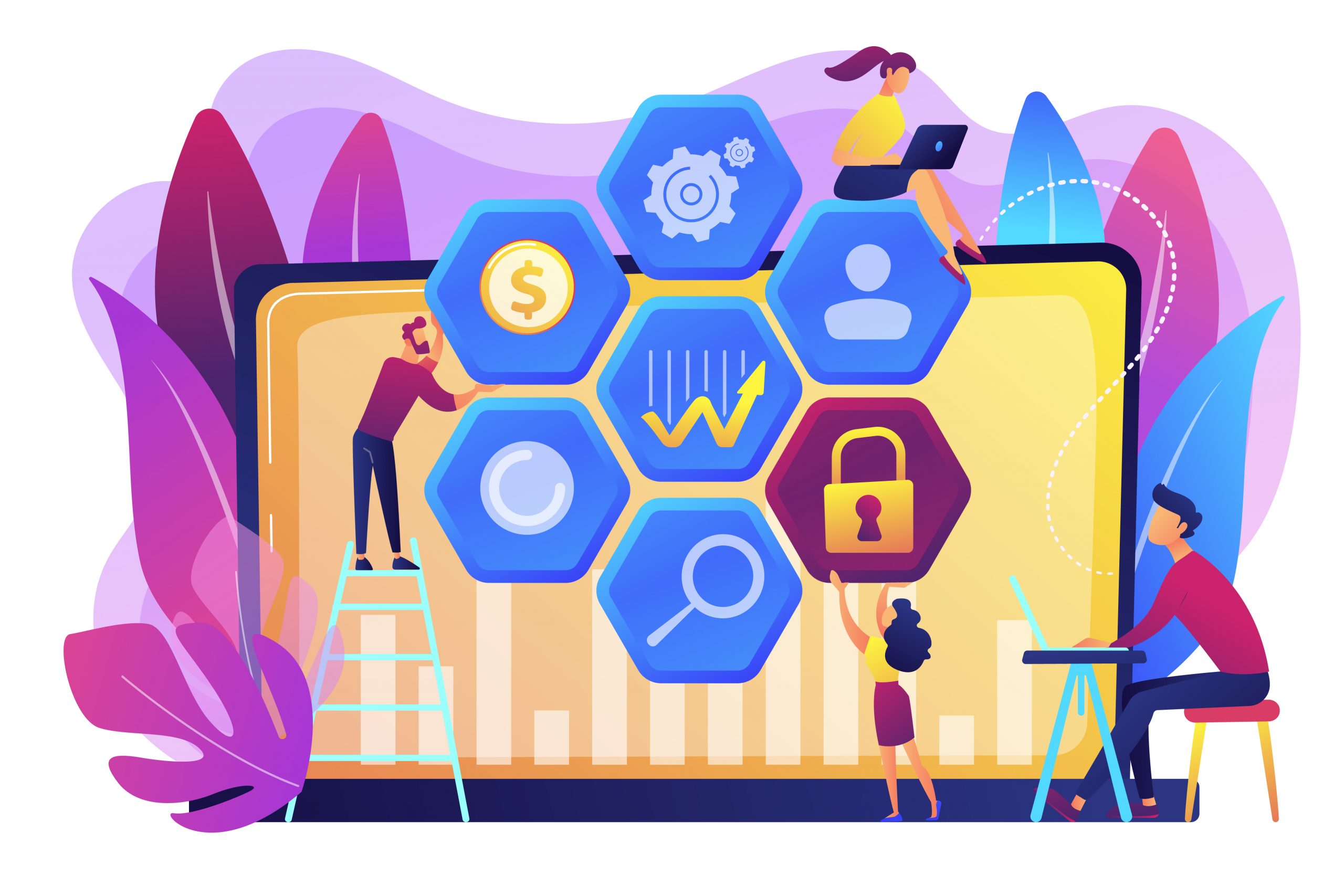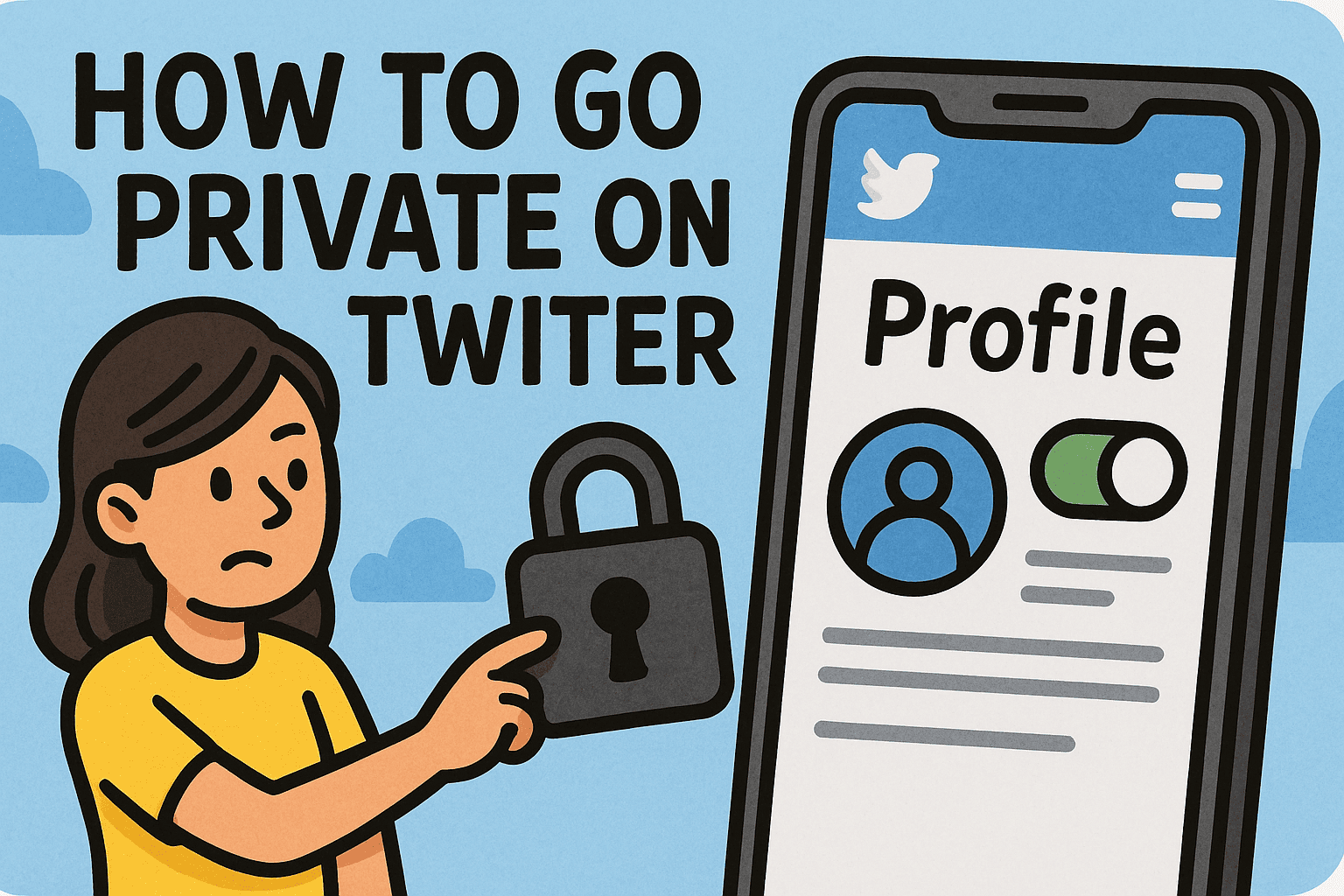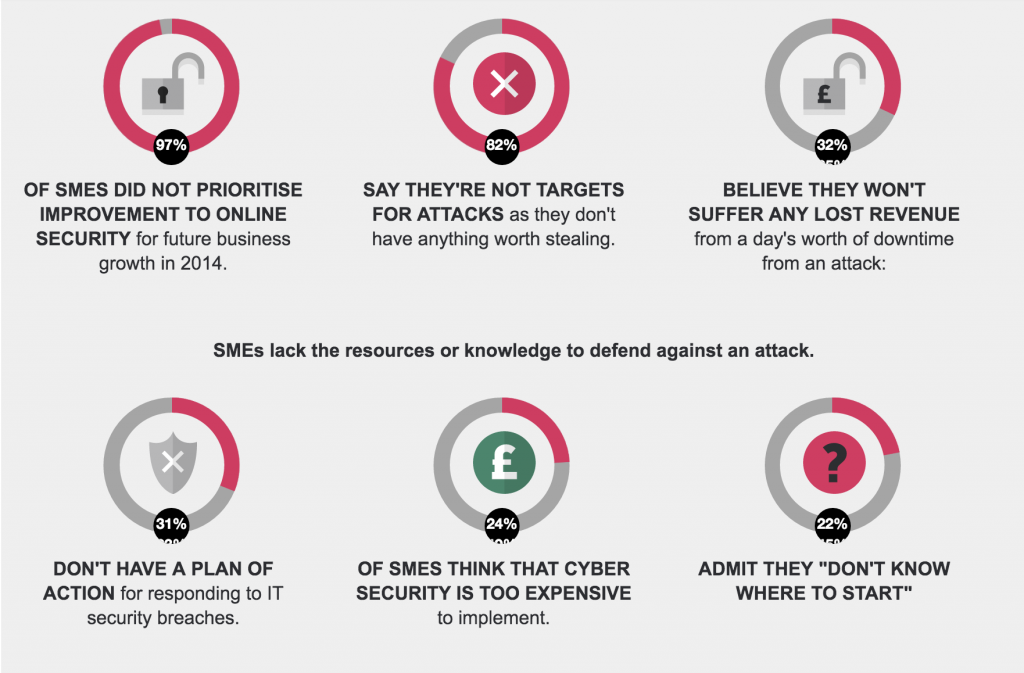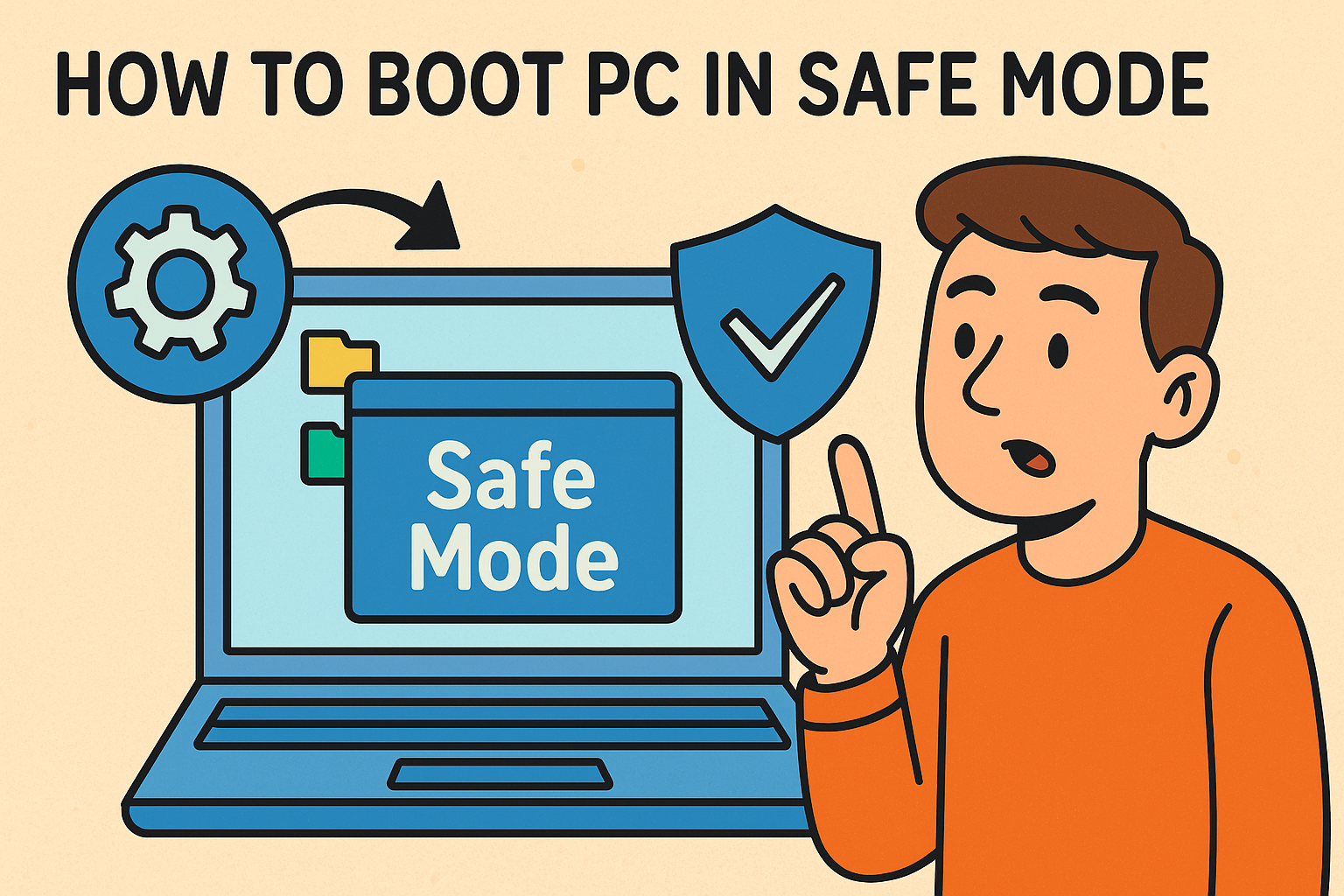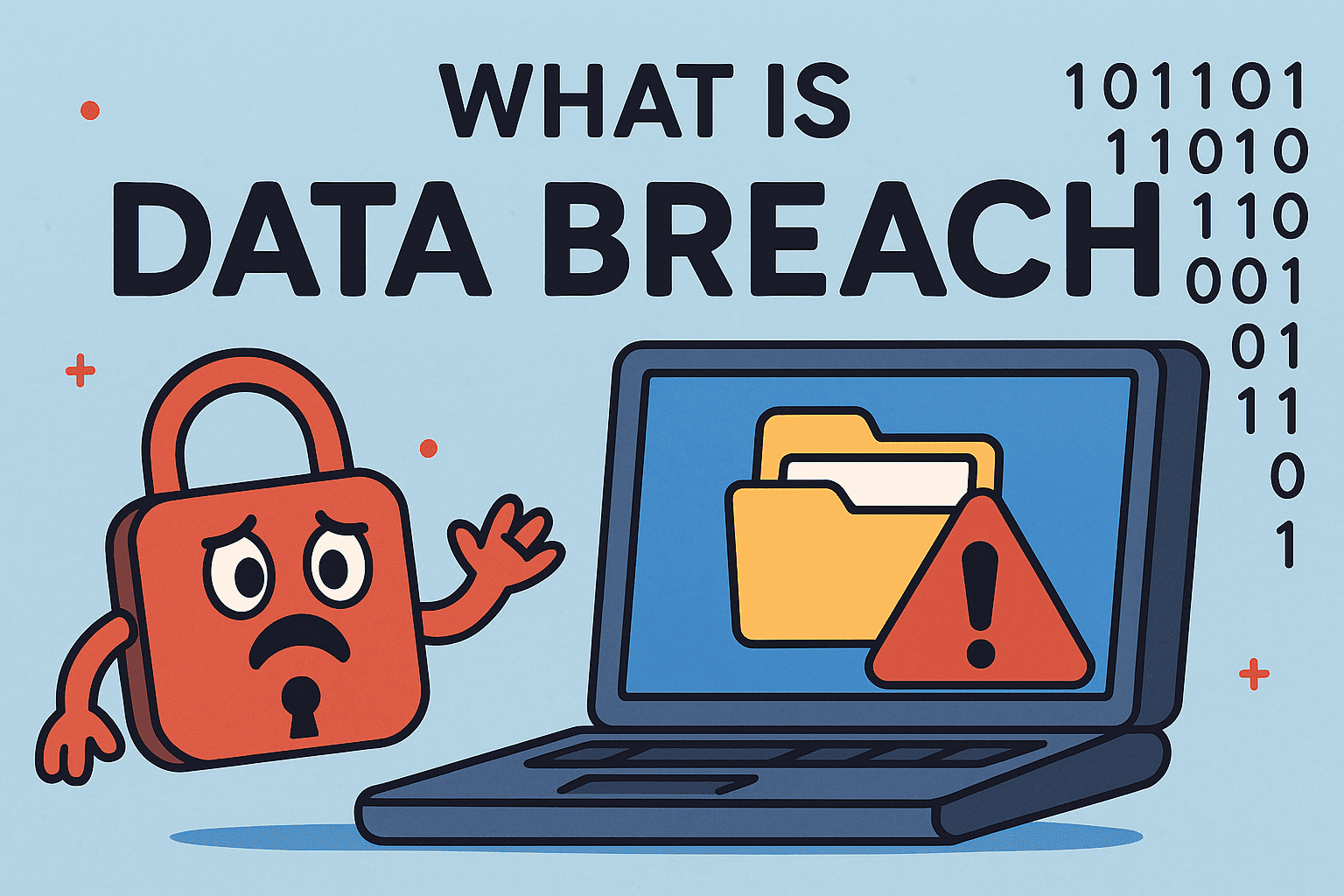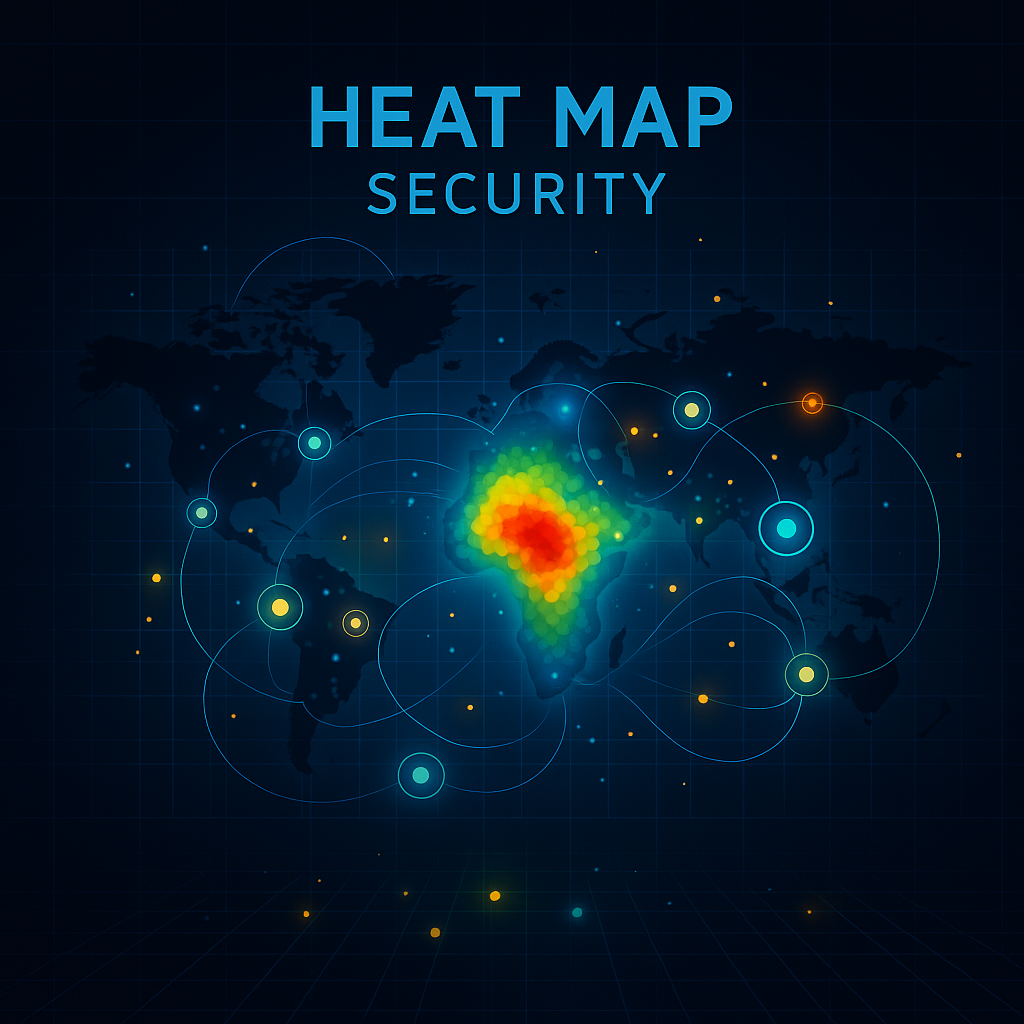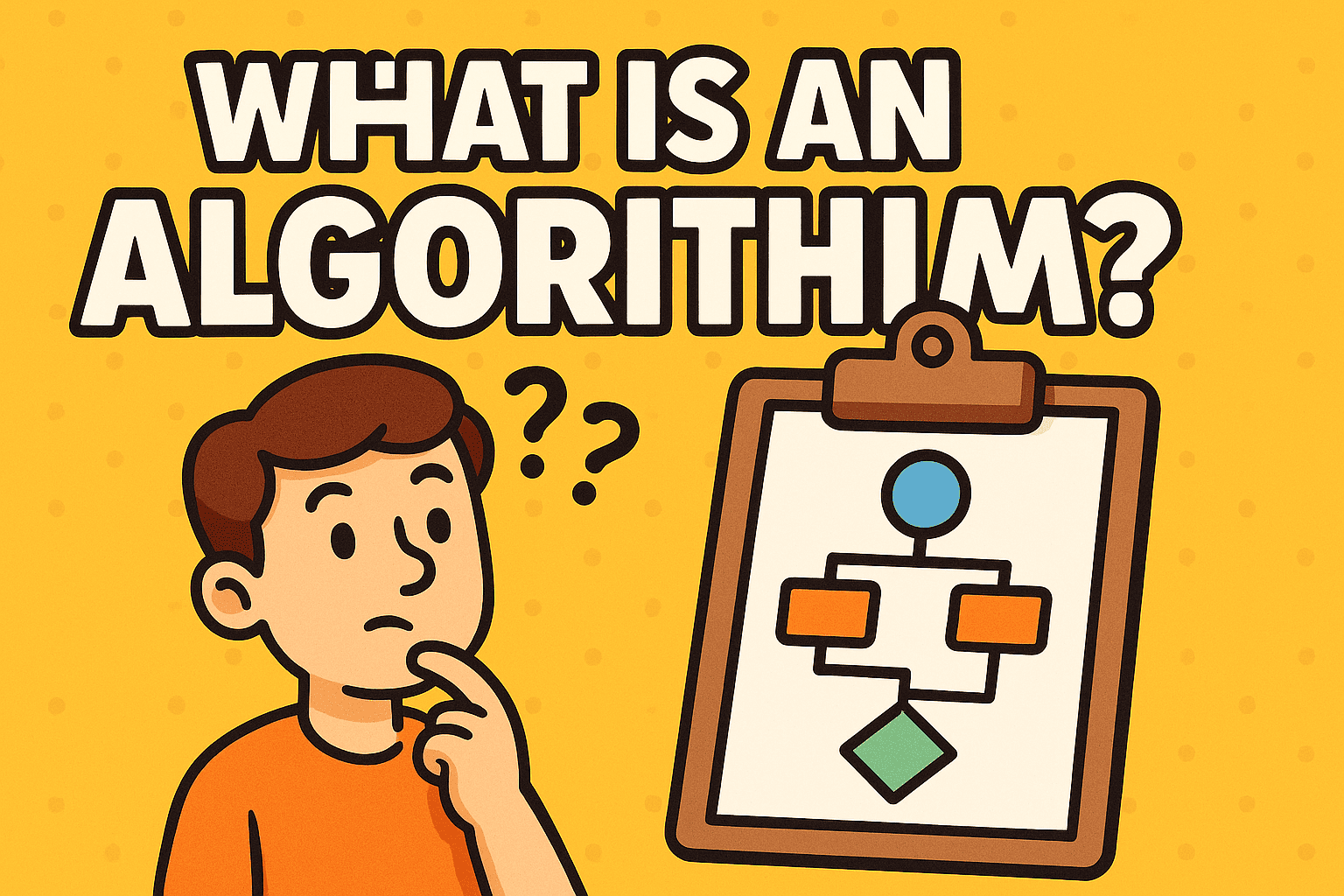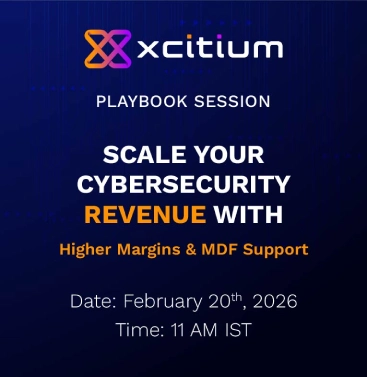Introduction: Why You Should Understand VPNs
Updated on June 3, 2025, by Xcitium
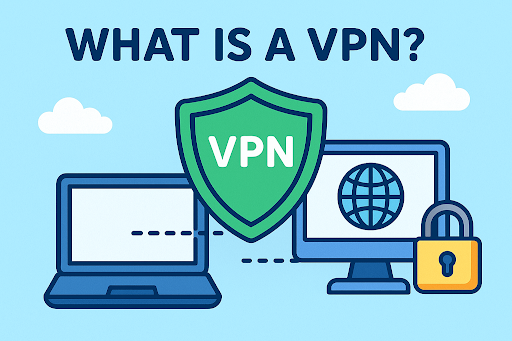
With remote work, cybercrime, and digital surveillance on the rise, maintaining online privacy has never been more critical. So, what is a VPN, and why should business leaders and IT professionals care?
A VPN, or Virtual Private Network, is more than a tool for private browsing—it’s an essential part of modern cybersecurity strategy. For IT managers, CEOs, and security teams, VPNs help ensure data confidentiality, enable secure remote access, and protect your digital footprint.
This guide will explain the VPN definition, how VPNs work, and how they deliver real-world value to organizations across industries.
VPN Definition: What Is a VPN?
A Virtual Private Network (VPN) is a technology that creates a secure, encrypted tunnel between your device and the internet. This tunnel hides your IP address and encrypts data traffic, making your online activities more private and secure.
Simple Analogy:
Think of a VPN like a private tunnel in a busy public subway system—only authorized people can pass through it, and outsiders can’t see who’s inside or where they’re going.
How Does a VPN Work? A Behind-the-Scenes Look
When you use a VPN:
- Your device connects to a VPN server.
- That server encrypts your data before it travels across the internet.
- Your true IP address is masked and replaced with the VPN server’s IP.
This process helps:
- Prevent ISPs and hackers from monitoring activity
- Access geo-restricted content or services
- Secure your data on public Wi-Fi
Core Benefits of a VPN Service for Business
Why should executives and IT leaders care about VPNs? Because privacy and control are foundational to cybersecurity.
Business Advantages:
- Secure remote access to internal systems
- Compliance with data protection regulations (e.g., GDPR, HIPAA)
- Reduced cyber risk during travel or remote work
- Location masking to test apps or websites globally
VPNs are especially valuable for hybrid workplaces and distributed teams.
VPN Use Cases by Industry
Healthcare
- Securing telehealth sessions and EHR access
Finance
- Protecting sensitive financial transactions
E-Commerce
- Safe handling of customer and payment data
Legal
- Confidential communication and file transfer
Every industry handling sensitive data can benefit from a VPN service to reduce exposure.
Types of VPNs Explained
1. Remote Access VPN
Used by individual employees to access company resources securely.
2. Site-to-Site VPN
Used to connect entire office networks across locations.
3. Cloud VPN (VPNaaS)
Cloud-based VPNs offer scalability and central management.
Choosing the right type of Virtual Private Network depends on your operational model and risk tolerance.
How to Choose the Right VPN for Your Organization
Key Factors:
- Encryption protocols (e.g., OpenVPN, WireGuard, IPSec)
- No-logs policy and transparent privacy practices
- Multi-device support for flexibility
- Scalability for growth
- MFA and IAM integration for layered security
Ensure the provider aligns with your compliance needs and security standards.
Common Misconceptions About VPNs
Myth 1: VPNs make you 100% anonymous
Reality: They improve privacy but don’t guarantee full anonymity.
Myth 2: Only tech people use VPNs
Reality: Executives and non-tech staff benefit equally, especially during remote work.
Myth 3: VPNs slow down internet speed
Reality: Premium VPNs optimize servers to ensure minimal performance drop.
Best Practices for Secure VPN Implementation
- Enforce strong password policies
- Use multi-factor authentication (MFA)
- Regularly audit VPN access logs
- Deploy endpoint security alongside VPNs
- Train employees on safe usage
A well-implemented VPN is part of a defense-in-depth strategy for modern cybersecurity.
Conclusion: VPNs Are Vital for Business Security
If you’re wondering what is a VPN, know this—it’s a strategic cybersecurity layer your business can’t afford to ignore. From securing remote teams to complying with global regulations, VPNs deliver the privacy and protection today’s businesses demand.
👉 Request a free demo of Xcitium’s advanced security solutions
FAQs About VPNs
1. What is a VPN, and how does it work?
A VPN is a tool that encrypts your internet traffic and hides your IP address, providing secure and private online access.
2. Is using a VPN legal?
Yes, VPNs are legal in most countries, though usage should comply with local regulations.
3. Do I still need an antivirus if I use a VPN?
Yes. VPNs protect data in transit, but antivirus software protects against malware on devices.
4. Can a VPN be hacked?
It’s rare, but possible. Use VPNs with strong encryption and zero-trust integrations.
5. How do I know if my VPN is secure?
Check for AES-256 encryption, a strict no-logs policy, and regular third-party security audits.



